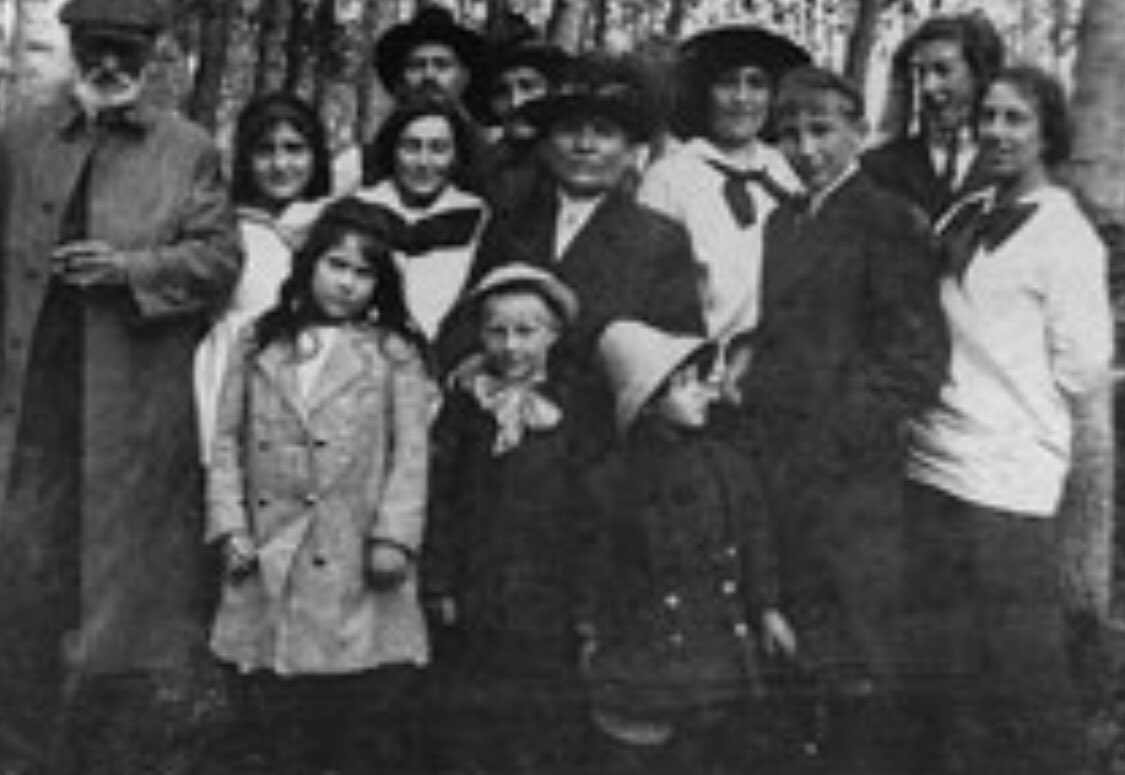
A dear friend of mine was scheduled to have a significant surgery next week. A surgery so important and time sensitive, that it was set to go ahead, in spite of all the Covid restrictions and despite a Covid outbreak at the Alberta hospital where the operation was booked. But...
The surgery has just been cancelled. (I’d say postponed - but until when?) This is the hidden cost of letting Covid spread unchecked in Alberta. We may never know how many people’s suffering will be extended, cruelly, because hospitals were too overwhelmed to care for them.
And we’ll likely never know whose health might be permanently compromised because they couldn’t get essential treatment in a timely fashion. This isn’t just about those suffering from Covid. It’s about the swamping of our hospital system.
The choices you make in the coming weeks won’t just affect you. Or your family. Or your colleagues. They’ll affect hundreds and hundreds of people you’ll never know, people denied vital medical care as a result of your decisions.
If you met my warm wonderful charming friend, I’m sure you wouldn’t dream of pushing them into the traffic or knocking them over a cliff. To you, they would be real person, someone you’d never hurt on purpose.
The problem is, we have a harder time empathizing with hypothetical strangers. Still, in this moment, the choices we make, the way we choose to exercise our “freedoms” could destroy the health and happiness of people we’ll never meet.
So. Before you head out to the bar, book a dinner reservation or plan a Christmas holiday, pause a moment. Take a deep breath. And consider whether your choice is in the best interests of the community we share.
And who knows? If, heaven forbid, this is the weekend you crash your car, or have a heart attack, or slip on the ice and fracture your leg - you may not get Covid - but you too may find out, first hand, just what an unchecked pandemic means for our hospitals.
• • •
Missing some Tweet in this thread? You can try to
force a refresh



